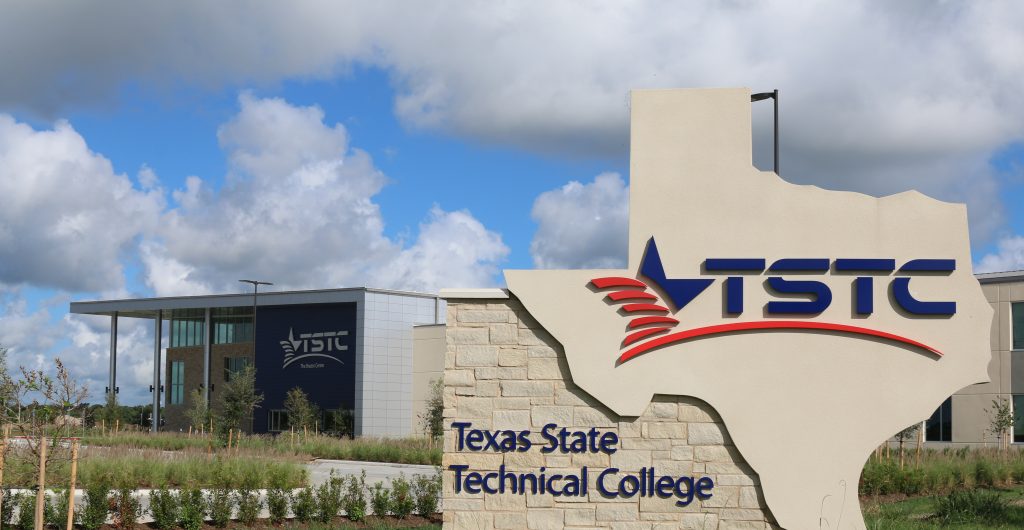States can lead the way in fixing the college value proposition by funding programs based on graduates’ earning ability. (Commentary)
by Michael Brickman
With higher education enrollment dropping and ever-greater scrutiny on campuses, it is worth considering how students, taxpayers, and elected officials should evaluate whether college is worth it. At its simplest, value should be measured in terms of the benefits students (and society) receive relative to the costs that students (and others) pay. On the cost side of the ledger, we often think about things like tuition and fees, but students would be wise to think more about opportunity costs, such as lost experience or wages if they are out of the workforce.
The benefits can be even trickier to measure. For years, there was limited information about how students perform (their likelihood of graduating, how much money they earn after graduation, etc.) at College A vs. College B. More recently, however, tools like the U.S. Department of Education’s College Scorecard allow students to compare outcomes for, say, engineering vs. English at College A or the value of a philosophy degree at College A vs. College B.
These data reveal that there can be significant differences depending on where students go to school and what they study. Georgetown University unsurprisingly found that some science, technology, engineering, and math fields resulted in the highest lifetime earnings. In contrast, those in psychology, social work, and the arts resulted in the lowest.
Preston Cooper at the Foundation for Research on Equal Opportunity found a difference in lifetime earnings between programs that reached seven figures. For example, at the University of Pennsylvania, those who major in finance “will have median earnings [in just one year] of over $288,000 by age 35…but students at the exact same school who choose a major in film and photographic arts can expect earnings of just over $45,000 by age 35.” As a result, many programs across the country have a negative return on investment.
Unfortunately, recent changes proposed by the Biden administration may incentivize students to study in the worst of these programs because those students stand to receive the greatest forgiveness payoff from taxpayers. State attorneys general may be able to stop this policy. However, states can do many other things to promote programs with a high return on investment.
First, they should enact the “Rewarding Workforce Readiness Act,” a policy from the Cicero Institute, which funds college programs—especially those shorter than a bachelor’s degree—based on the earnings of their graduates. When students are successful, their college is successful, too. Congress should also enact similar “skin in the game” accountability at the federal level.
A version of Cicero’s policy has been enacted in the Texas State Technical College system, where each campus receives 100 percent of its funding based on the success of its graduates. This has resulted in more funding, more support for students to ensure they are successful when they graduate, better alignment with workforce needs, and a reduction in programs that are no longer working.
Next, states should ensure that they only provide programs that benefit students and the surrounding communities. Once created, a new college program is hard to eliminate, even if it does not provide much value. Each state should have a regular process for evaluating all academic programs based on objective criteria that look at meaningful outcomes.
States should also evaluate programs that consistently produce poor earnings and other post-graduation outcomes, those that produce very few graduates overall, those that primarily exist to perpetuate faculty in the same subject, those that are duplicative of other nearby programs, or those that only exist because the state requires a degree in the field to obtain a state license even though the knowledge could be obtained more affordably in other ways.
States should especially scrutinize costly graduate programs, such as social work, education, and many health fields. Many states incentivize or even require graduate degrees in some lower-paying professions to get a job or move up the career ladder. Instead, states should allow for multiple pathways to demonstrate competence and growth. In education, teachers should be rewarded for performance rather than racking up college credits, which research shows provides little to no benefit to the students they teach.
A growing number of Americans feel that college is broken or is simply not worth the investment anymore. It needs to be fixed, and states can take the lead. Such reforms are not “anti-college” but instead recognize that students should be free to obtain knowledge and skills in the best way for them and their budget. These long-overdue reforms can ensure that college programs are funded based on the value they provide to the students and the communities they serve.
Originally published by the Cicero Institute. Republished with permission.
For more School Reform News.
